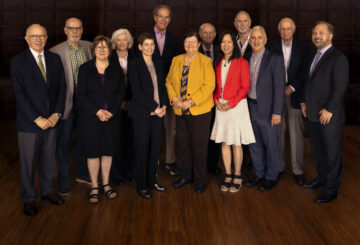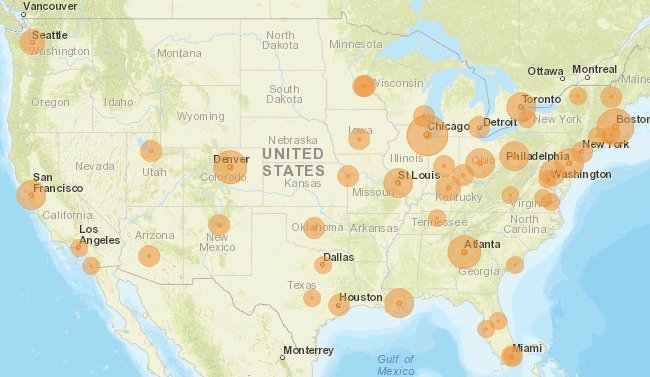

Jacob Bastian
Jacob Bastian is an Assistant Professor of Economics at Rutgers University, New Brunswick, New Jersey. In 2022-2023, Jacob will be a Visiting Research Scholar at Princeton University’s Industrial Relations Section. Prior to moving to Rutgers University, Jacob completed a two-year postdoc at the University of Chicago’s Harris School of Public Policy and a Ph.D. in Economics at the University of Michigan.
Jacob’s research focuses on how public policy can reduce poverty, increase economic opportunity, and affect social attitudes, while also identifying unintended consequences. Much of his research has looked at the Earned Income Tax Credit (EITC) and finds that this program helped lead to the rise of working mothers in the 1970s, improved the education and employment outcomes of children of EITC recipients, changed social attitudes about the role of women in society, had positive effects on marriage and fertility, and helped families move to economic opportunity. Jacob has shown that the EITC helps “pay for itself” by increasing various forms of tax revenue and by decreasing reliance on other forms of public assistance. Jacob’s dissertation was chosen as a winner of the 2017 Outstanding Doctoral Dissertations in Government Finance and Taxation by the National Tax Association.
Five Questions for Jacob
Tell us about your current research and current position?
I am an Assistant Professor at Rutgers University, in New Brunswick NJ. In academic year 2022-2023, I will be a Visiting Research Scholar at Princeton University’s Industrial Relations Section.
I’m happy to briefly discuss three of my current research projects. One, understand how the Earned Income Tax Credit helps families move out of rural and economically distressed areas, to places with more economic opportunity. Two, examine the temporary 2021 Child Tax Credit, and projecting what the effects of a permanent version of this policy would be on employment and poverty. Three, look at the causal impact of working on voting behavior and political preferences.
Were you always interested in being a public finance economist? How did you decide on your current role/career?
I have long been interested in how public policy and tax policy affects families, especially lower income families. I consider myself to be at the intersection of public finance and labor economics. I decided on my current career because of the autonomy it offers, the students I get to teach and mentor, and the ability to work on whatever I want. I love the intellectual freedom to work on topics that I find interesting, and being able to collaborate on projects.
What advice would you give to students interested in a career of public finance?
Work on topics that you find interesting, don’t feel that you need to work on topics that are currently popular (they may not be in a few years). Look for research inspiration in the real world and allow your life experience to influence your research topics.
Outside of work, what is an interest or hobby you enjoy?
I love being active. Basketball is my passion. I like hiking in beautiful mountains, biking through NYC, and spending a day with a frisbee at the beach.
Thinking of your career, if you could change one thing, what would it be and why?
Hmm. I am very happy at Rutgers and feel lucky to have great colleagues there. I suppose if I could change anything it would involve learning to be a better leader/manager with my RAs.
Social Media
https://economics.rutgers.edu/people/faculty/people/86-faculty/1015-jacob-bastian
![National Tax Association [ National Tax Association ]](https://ntanet.org/wp-content/themes/nta-custom/library/images/nta-whitebg-web-top.svg)


![National Tax Association [ NTA ]](https://ntanet.org/wp-content/themes/nta-custom/library/images/nta-white-logo.svg)